Bunhwangsa
This grand temple complex from the Old Silla era of Korea is home to a stone pagoda that was build in the 7th century.
Bunhwangsa is a temple complex that dates from the Silla Kingdom, with a name that translates as “Fragrant Imperial Temple.”
The most notable ruin at the temple is the pagoda called Bunhwangsa Seoktap (Stone Pagoda of Bunhwangsa). Records show that Bunhwangsa Seoktap was built in 634 at the request of Queen Seondeok, is the oldest dated pagoda from the Silla Kingdom. At the height of its popularity, the temple complex covered several acres and was considered one of the four main temples of the Silla Kingdom. It was used by the state to ask the Buddha to bless the kingdom.
The pagoda’s structure is based on examples from the Tang Dynasty of China. Silla architects changed the design slightly compared to the Tang versions, with Bunhwangsa Seoktap using black andesite stones which were cut like bricks to build the pagoda. Each level of the pagoda gets progressively smaller in size, and each level’s roof was constructed by arranging the stones like a staircase. Though only three levels of the pagoda remain today, records show that the original structure stood nine stories tall.
Unfortunately, Bunhwangsa was destroyed by invading armies on three occasions. First in 1238 at the hands of the invading Mongols, then in 1592 by the Japanese during the first wave of the Imjin War, and then a third time in 1597, during the second wave of the Imjin War.
Once hollow, the remains of the pagoda are now filled with rubble from the collapsed upper levels and other accumulated rubbish. An excavation and partial restoration of the pagoda, undertaken in 1915 by the Japanese, uncovered a sarira, or relic box, holding the cremated remains of a priest hidden between the second and third levels. Precious artifacts such as gold, stone ornaments, coins, scissors, and a needle were also found in the pagoda. It was thought that these objects indicate that a woman of royal blood, perhaps even Queen Seondeok herself, had once owned them. The pagoda is National Treasure of Korea No. 30 and was designated as such on December 20, 1962.
Know Before You Go
To get to Bunhwangsa Temple from Gyeongju National Museum you’ll just need to make your way down a country road.
From Gyeongju Intercity Bus Terminal you can catch Bus #10, Bus #11, Bus #15, Bus #17, Bus #18 or Bus #277
Plan Your Trip
The Atlas Obscura Podcast is Back!


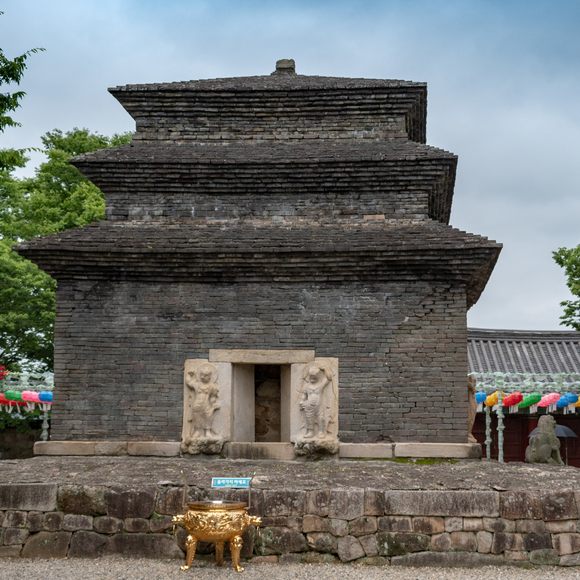








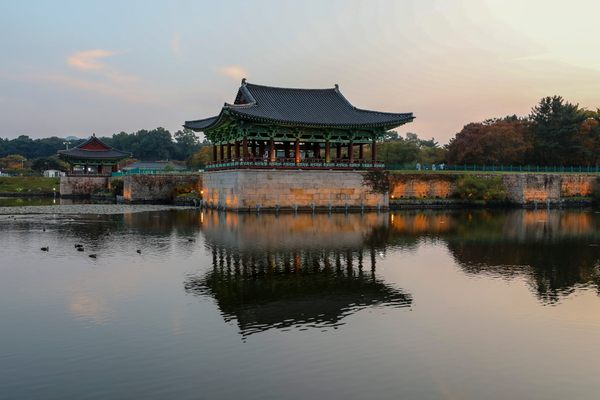


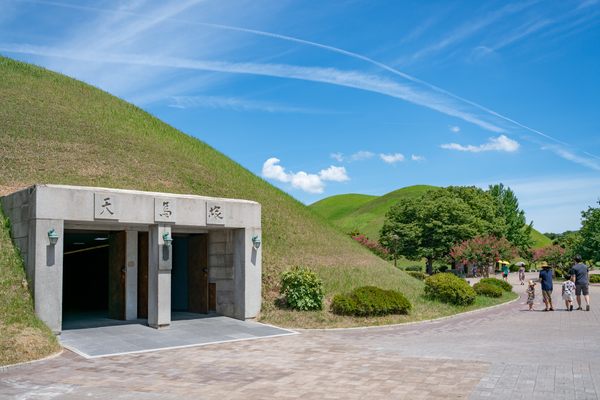
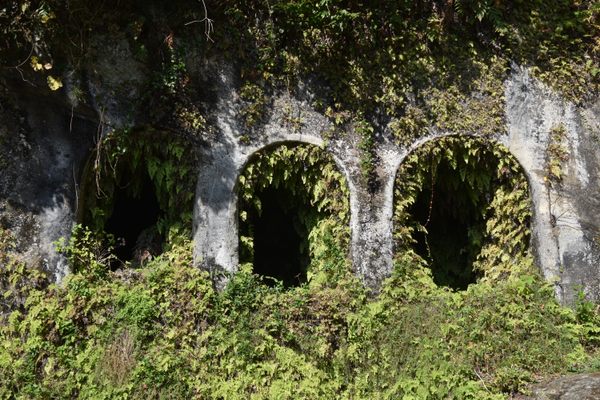


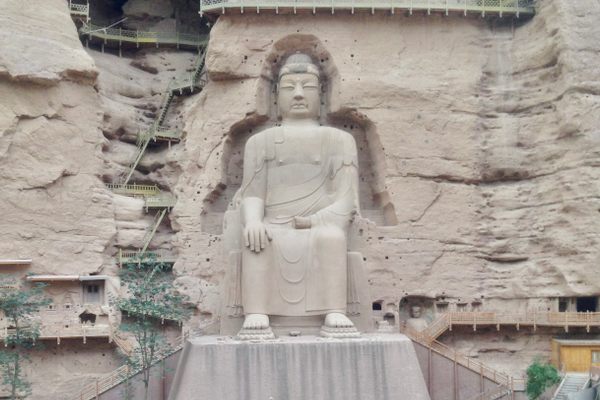

Follow us on Twitter to get the latest on the world's hidden wonders.
Like us on Facebook to get the latest on the world's hidden wonders.
Follow us on Twitter Like us on Facebook